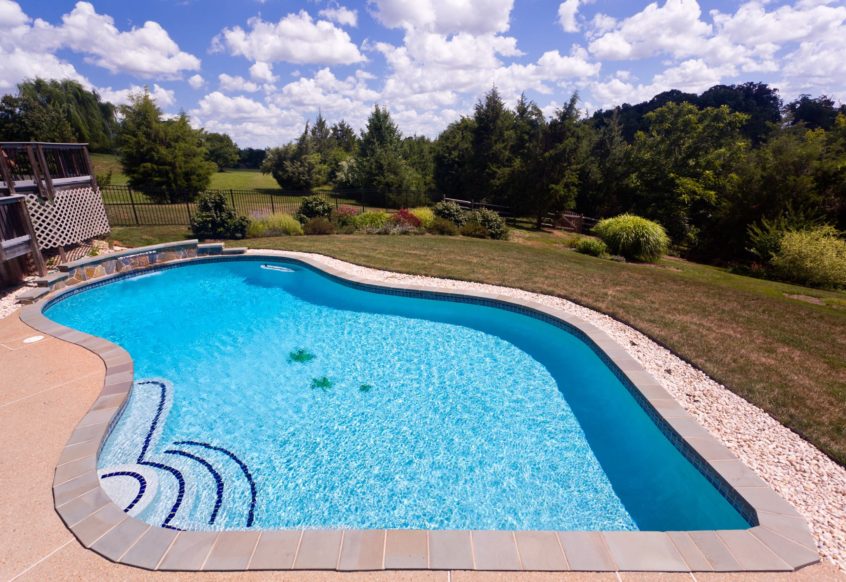When you have a swimming pool, you want to make memories to last a lifetime. However, owning a swimming pool means responsibility, not only keeping it clean, but it is a better idea to have safety supervision skills.
It is important to be alert like a lifeguard. Below are some suggestions that can save a life.
- Learn CPR – Not only is CPR helpful around the pool but for those who suffer a heart attack anywhere.
- Rescuing Skills – Pulling someone out of the water is not easy and not safe unless you have rescue skills and equipment. Having a ring buoy or a reaching pole is better than jumping in the water. Have a rescue plan for providing help and assisting an injured or struggling swimmer.
- Have First Aid Equipment – It is very important to have a first aid kit but also important to learn how to handle neck or spinal cord injuries. Burns and scrapes caused by rough plaster are also common in a swimming pool.
- Become a Human Scan – Constant scanning of the swimming pool while supervising is standard practice. You cannot take your eyes off of the area.
- Take a Break – Taking a 15-minute break per hour helps to recharge and relax.
- Recognizing Risk Patterns – Keeping an eye on swimmers can determine whether they can struggle in the water. Drowning is often silent for swimmers of all ages. Be ready for a rescue if a swimmer is underwater for longer than 15 seconds or if body movements are frantic or very still.
- Establish Pool Rules – Set safe and reasonable rules for all users to follow: a) Avoid extreme jumping from a slide, fence, roof, etc., as well as diving into shallow water; b) Avoid hyperventilating. That is a condition where the body runs out of oxygen, resulting in a person passing out and drowning; c) Don’t allow running around the swimming pool. Some of the most common pool injuries are slips and falls; d) Drinking glasses are an accident ready to happen. Use plastic cups instead; e) Alcohol and swimming are a bad combination. It can deter a swimmer’s sense of distance and feel disoriented; f) Never swim alone. Have an adult supervising the swimming pool.
Accidents don’t always happen by chance, and they are often preventable. No flotation device is 100% security. It is imperative the constant supervision for the safety of all swimmers.

